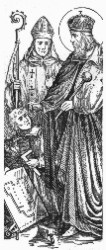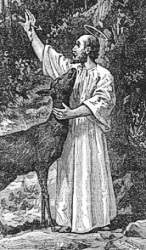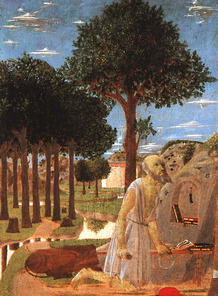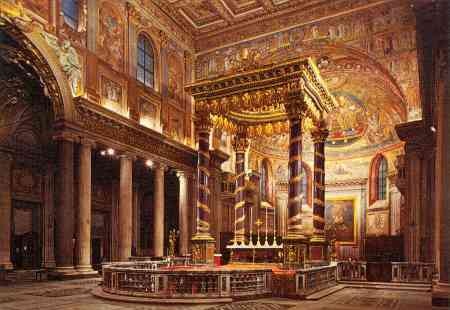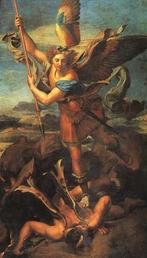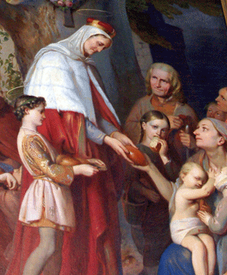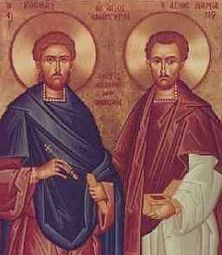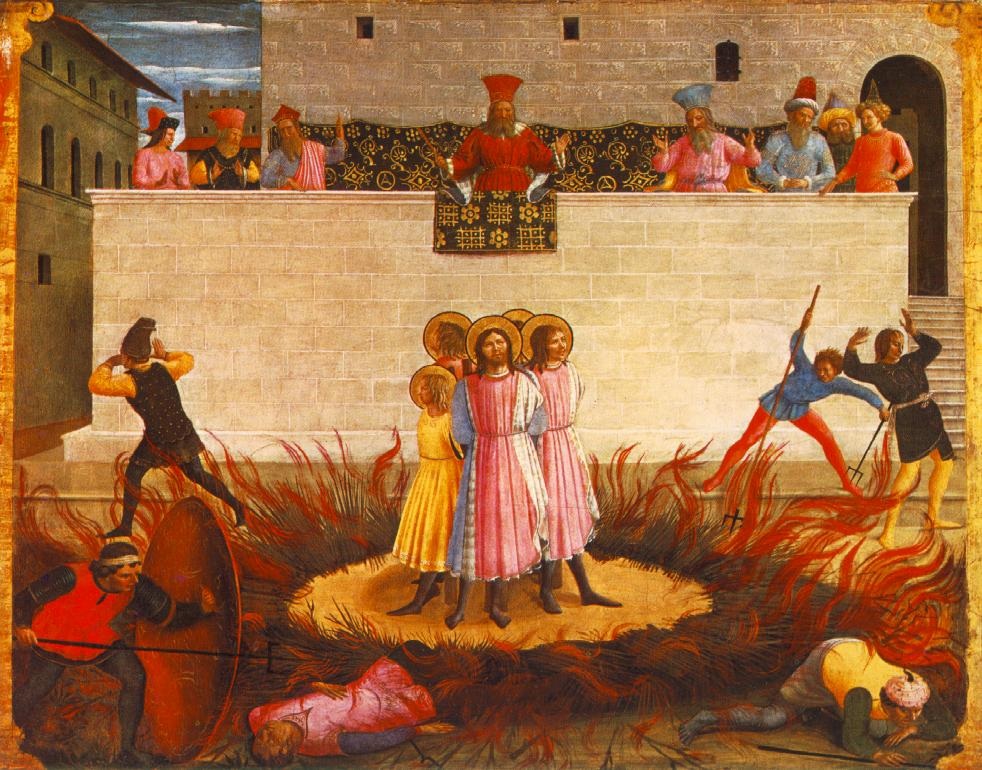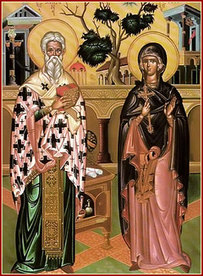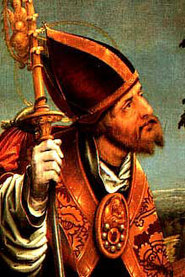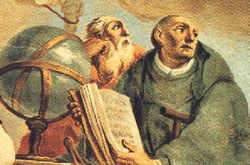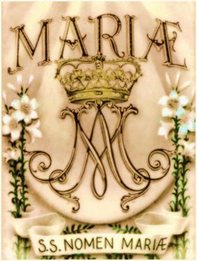
What gave occasion to the institution of this feast was the desire of all Christendom for a solemn thanksgiving which would commemorate the deliverance of Vienna, obtained through the intercession of Our Lady, when the city was besieged by the Turks in 1683. An army of 550,000 invaders had reached the city walls and was threatening all of Europe. John Sobieski, King of Poland, came with a much smaller army to assist the besieged city during the octave of the Nativity of the Blessed Virgin, and made ready for a great battle. This religious prince began by having a Mass celebrated, which he himself desired to serve, his arms in a cross. After receiving Communion with fervor, he rose at the close of the sacrifice and cried out: "Let us march with confidence under the protection of Heaven and with the aid of the Most Holy Virgin!" His hope was not disappointed; the Turks were struck with a sudden panic and fled in disorder. From that time the feast day has been celebrated during the octave of the Nativity of Our Lady.
